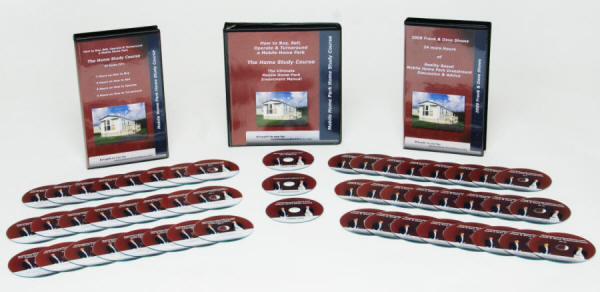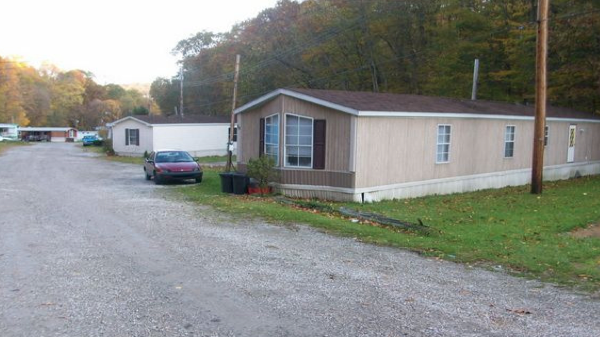We receive calls periodically from analysts who follow the housing industry, looking for trends in the affordable housing segment of the real estate market. They are always looking for the un-served niche; straining to find the true information out of a sea of self-serving corporate press releases. While quite a bit is known about the “luxury” end of the housing industry – partly due to the giant industries that have been built around serving that segment of the industry, such as Home Depot and Century 21 – very little is known by the average person about the lower end of the spectrum, that mobile home parks serve.
What is affordable housing?
In general, housing for that 30% of America that earns $20,000 per year or less, including those who earn minimum wage and those on social security. This segment of the population has a housing budget of around $500 per month, which is a challenge in a world in which the average apartment rent in the U.S. is over $1,000 per month. In addition, this demographic typically has little savings and poor credit, so it cannot qualify for traditional housing options, such as stick-built, single-family homes.
Is there new technology that will render mobile homes obsolete?
Unlike telephones, computers, talking motion pictures and the like, there is really no technological breakthrough that can replace housing. It’s basically shelter – four walls and a roof. Of course, that’s not to say that technology has not already had some effect on the mobile home industry. New developments in lumber, carpet and cabinetry, for example, have reduced the weight and cost of mobile homes. However, is there some type of new technology that will change the way we live, from something built of wood and metal to something built of three-dimensional ions or radioactive particles? I don’t think so.
Owning land is a big insulator
Even if there was a new invention that replaced traditional mobile home construction, it would not really have an impact on community owners, as we just rent land. Already, in many parks, there have been at least one progression from 1950’s and 1960’s units to more modern models, either through the tenant trading in and buying a newer home, or vacant lots being filled with newer inventory. Unlike apartments, which are saddled with design flaws and taste preferences of the past, land is very forgiving.
What about the existing homes all wearing out?
This urban myth is about as logical as the existence of Big Foot. Why would a wooden frame sheathed in metal ever “wear-out”? If we assume single-family homes can last for hundreds of years (my house was built in 1808), then why can’t mobile homes – built of the same materials – be expected to last as long? I honestly think that this concept was fostered by the manufacturing and retailing side of the mobile home industry, with the intent of scaring customers into constantly buying new mobile homes – kind of like the way car dealers used to convince consumers to trade in their cars every three years.
The big risk to mobile home parks is prosperity
If you look at it correctly, the greatest risk factor in the future of the mobile home park industry is prosperity. If you think that the average American has a brighter future going forward, and will have a much higher income than their parents and grandparents, then mobile home parks are not a good investment choice for you. Clearly, if the average mobile home park resident went from earning $20,000 per year to $50,000 per year, then they would move out of mobile homes in droves. That’s exactly what happened to the industry in the 1950’s and 1960’s, as the returning GI’s got high paying jobs building cars and television sets.
We think we can live with that risk
So if the kryptonite to mobile home parks is prosperity, do you want to bet that the U.S. is on the verge of an economic take-off, or a perpetual, lingering recession? We feel 100% confident that the average American is only going to find their economic vitality reduced in the future – as far as the eye can see. We believe this because 1) the U.S. has lost its competitive advantage in the marketplace, and all manufacturing and service jobs that can be exported or outsourced to cheaper overseas labor will be 2) the U.S. recession is only beginning – not ending – and it caused by fundamental changes in structure (such as the U.S. debt) which cannot be changed overnight or possibly ever 3) there are 10,000 baby boomers per day retiring into a low, social security income and 4) all of the current U.S. job creation is in low-paying jobs. Is this the America that we all want? No. But that’s just the reality. If somebody did bet on future American prosperity, we’d have to quote the Clint Eastwood line “are you feeling lucky, punk?” because we think that the cards are stacked so badly against them that it would be impossible to take that bet.
So if the affordable housing industry is so well positioned for the future, why isn’t everybody buying mobile home parks?
Those who know the industry are. We’ve bought over 7,000 lots in the past three years. Warren Buffet bought out Clayton, and is now the largest mobile home manufacturer and loan servicer in the U.S. Sam Zell, who has a lengthy track-record of real estate timing, is the largest owner of mobile home parks in the U.S., through ELS. The only thing holding back the industry, at this point, is the fact that few real estate investors know about mobile home parks. But that’s changing. And the lack of knowledge is what creates the opportunity in the first place. If everyone knew and followed the mobile home park industry, it would end up just like the apartment industry, wallowing in 7% cap rates with no upside and no seller carry. We like it just like it is.






